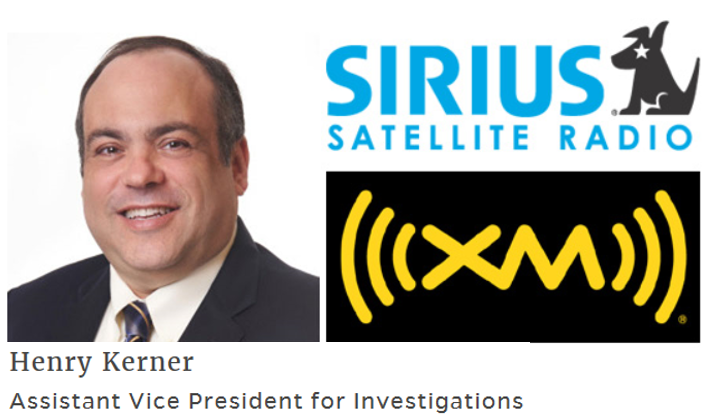The U.S. Agency for International Development (“USAID”) finalized new Freedom of Information Act (“FOIA”) regulations today, accepting two revisions proposed by Cause of Action Institute (“CoA Institute”) in a comment submitted in October 2016.
CoA Institute had made two recommendations in response to USAID’s proposed rulemaking. First, we urged the agency to remove outdated “organized and operated” language from its definition of a “representative of the news media.” Such language was used in the past to deny fee waivers to organizations like CoA Institute that investigate potential agency wrongdoing. For example, we had to take the Federal Trade Commission all the way to the D.C. Circuit to get the agency to acknowledge that the agency’s FOIA fee regulations were outdated and that it was improperly denying us a fee reduction.
In deciding the case, the D.C. Circuit issued a landmark decision clarifying proper fee category definitions and the application of fees in FOIA cases. CoA Institute cited this case to USAID in its comment and the agency took heed of the current case law, removing the outdated language from its regulations.
CoA Institute also recommended revising the procedures for conducting consultations. Consultation takes place whenever USAID locates records that might have originated with or implicate the equities of another government entity. The process is supposed to ensure that exempt material is properly redacted from records prior to disclosure. We were concerned that USAID had failed to set parameters for determining when consultation were appropriate. We also asked USAID to adopt a requirement to notify requesters whenever their requests are subject to consultation and to tell requesters which agency is being consulted.
USAID responded favorably to these recommendations. It adopted our proposed limitation of consultation to instances where another agency or component has a “substantial interest” in responsive records. Further, the agency accepted our proposed notification requirement. The agency failed, however, to adopt our definition of “substantial interest.” This failure leaves room for future improvement in USAID’s FOIA regulations, as it is unclear how USAID will interpret this term.
CoA Institute’s successful comment is just another small step in our efforts to provide effective and transparent oversight of the administrative state.
